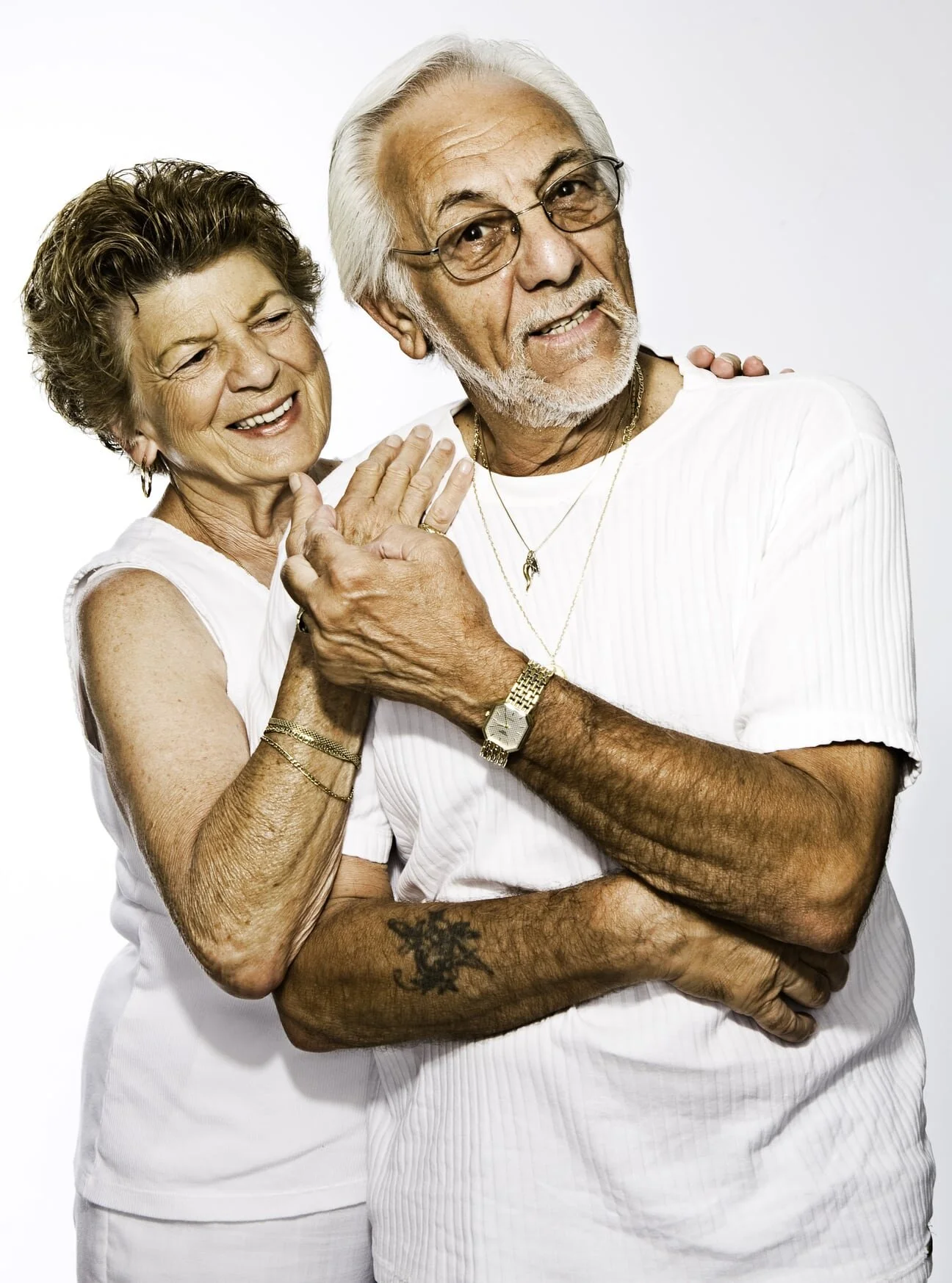Care giver or Care partner?How does that impact the loved one you are caring for?
Forty-three million Americans have been thrust into the unexpected role of care giver to a family member. They receive no compensation for this role. They provide over 20 billion hours of care each year. Sixty percent of care givers live with their loved one who they are providing care to.
Care giving involves the provision of direct care to the care recipient. Persons who are the recipients of care are often told what they need to do and when they need to do it. They’re told what to eat and when to eat it. They’re told when to shower and what to wear. The care giver makes most decisions for the care recipient. As such, recipients often lose their sense of self. They lack purpose and value. They become dependent, both physically and emotionally. They lose their voice and and are not empowered in any aspect of their daily life. They can quickly become an emotional cripple.
In order to make sure your loved one will remain empowered with a voice and valued as a person, you must change your perspective from one of care giver to one of care partner. When you are a care partner, you involve the care recipient in decision-making. You empower them with choices, with a voice. You give them self esteem and purpose. You give them a sense of control. The care you offer is patient-centered, focused on meeting the individual needs of the care recipient, not on your own care giver needs. You do WITH and not FOR. As a care partner, you never label the person. You do not infantilize the person. You don’t devalue the person. Your actions are focused on being sure your loved one maintains his or her personhood.
When you are a care partner, it is essential for you to create a foundation of trust. You do this by encouraging the care recipient to use and maximize his or her abilities. You validate the person’s feelings, emotions, realities and experiences. You invoke a relationship with mutual goals and mutual feelings of purpose. You don’t direct, you mentor. You don’t control, you collaborate. You don’t devalue, you give the person value. You celebrate each other’s uniqueness and individuality. You learn to say “I’m sorry.” You provide care partnering with joy and love, not duty and obligation.

